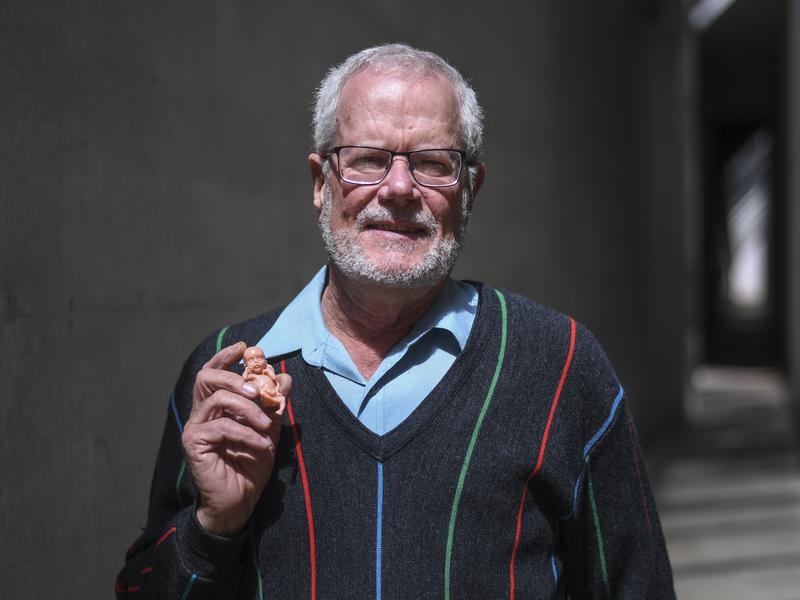The High Court has ruled safety buffer zones outside abortion clinics in Victoria and Tasmania are valid.
Two anti-abortion activists asked the High Court whether laws creating a 150-metre buffer zone outside abortion clinics infringed on free speech, after they were convicted and fined for protesting too close to clinics in Melbourne and Hobart.
However, the court unanimously rejected their challenges to the laws on Wednesday.
One of the activists, Kathleen Clubb, a mother of 13, was convicted of breaching Victorian law in 2016 and fined $5000.

John Preston. Source: AAP
The other, Queenslander John Preston, was convicted of three breaches of Tasmanian law in 2014 and 2015 and fined $3000.
The two activists asked the court to review their convictions, arguing the safety zone laws breached the implied freedom of political communication in the Australian constitution.
Prohibited behaviour inside a zone includes harassment and intimidation, communicating in a way that is reasonably likely to cause distress or anxiety, and filming without consent.
The states say the laws are designed to protect the privacy, safety, dignity and wellbeing of patients and staff.
Adrianne Walters, from the Human Rights Law Centre, which intervened in the case, said the High Court's decision acknowledged the importance of privacy, safety and equality in accessing healthcare.
"With today's decision, women in Victoria and Tasmania never again need to worry about being forced to run a gauntlet of abuse to access abortion care. Safe access zones are here to stay," Ms Walters said.
Maurice Blackburn, which acted for the Melbourne clinic, said the buffer zones protected women's rights to use lawful health services safely, where other legal protections had failed.
"We welcome today's decision which has upheld a woman's right to access her doctor free from fear, intimidation or harassment," lawyer Jennifer Kanis said.
"We are pleased that this decision upholds the primacy of privacy and health outcomes for women."
Dr Susie Allanson, who worked as a clinical psychologist at the Melbourne clinic for 26 years, said the decision is a win for women using the service and its staff.
"Since the safe zones came into effect, women and staff are no longer a target when they walk up to the clinic, and women no longer carry the heavy burden of being publicly attacked for seeking medical care. This is a great result that enshrines respect for women's choices," Dr Allanson said.


